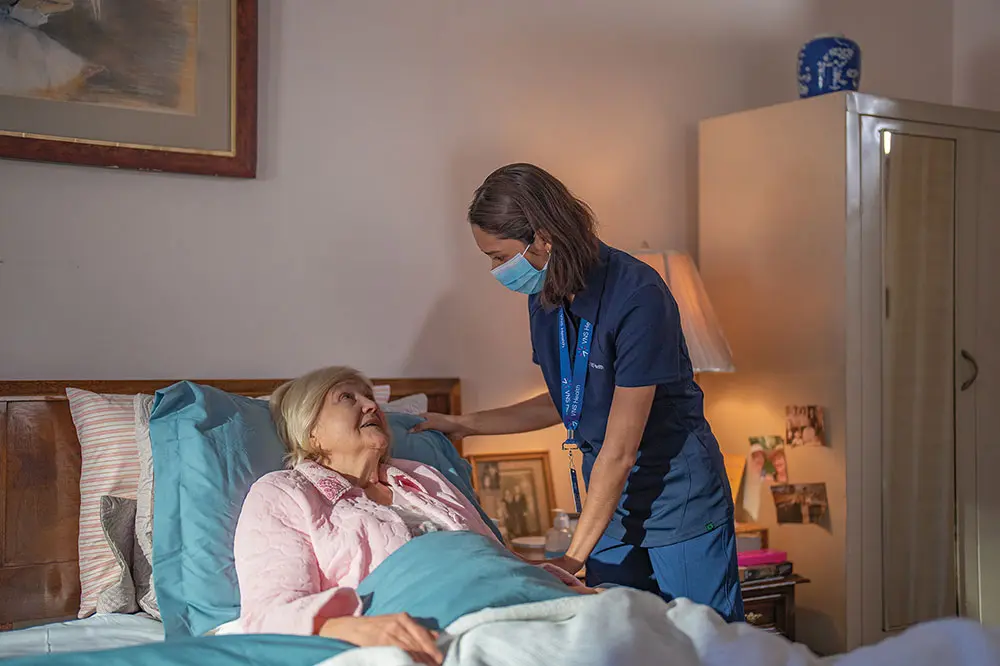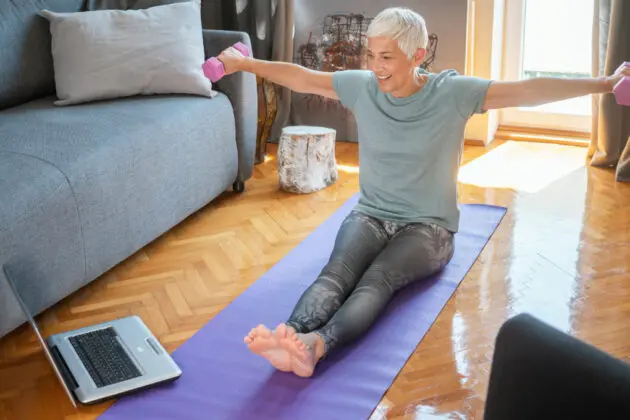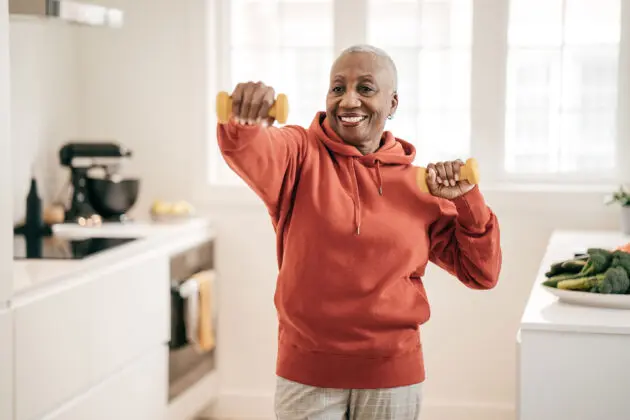
You may be recovering from COVID-19. Or perhaps you are caring for someone who has it. We understand this may seem overwhelming, but VNS Health is here to help. If you are receiving home care from VNS Health, your clinician will review these instructions with you in detail to answer any questions you may have.
Tips to Protect Patient, Caregiver, and Household Members
- As much as possible, the sick person should stay in one room away from the rest of the household. Ideally, this room should be well ventilated (i.e., with open windows and an open door).
- Limit the sick person’s movement in the house and minimize shared space. If possible, keep windows in the kitchen and bathrooms open.
- Limit the number of people who come close to the sick person. Other people in the family or household should stay in other rooms. If you cannot be in a separate room, household members should maintain a distance of at least 6 feet. Partners should sleep in separate beds.
- The sick person should use a separate bathroom, if available.
- Reserve separate dishes, cups, silverware, towels, washcloths, and bed linens for the sick person. Wash these as often as necessary, using hot water. Keep the sick person’s laundry separate from the rest of the household’s. Do not share toothbrushes.
- If you are a new mother, you can continue breastfeeding. Always wear a mask when near your baby and wash your hands before and after having close contact with the baby. Remove the mask by untying it — do not touch the front. Discard the mask immediately after use and wash your hands.
- Stay at home except to get medical care.
Whether you need a nurse for a short time or want round-the-clock care, VNS Health nurses provide the expertise and comfort you need to heal and recover.
Tips to Avoid Spreading Germs
- Limit the number of people caring for the patient. Ideally, assign one person who is in good health and has no underlying health conditions (such as heart disease, diabetes, asthma, COPD, recent cancer even if cancer free, or non-virally-suppressed HIV).
- The sick person should wear a surgical face mask as much as possible to prevent respiratory secretions (from sneezing or coughing) from spreading. (If you are receiving home care services from VNS Health, you will receive a face mask for the patient.) People who cannot wear a medical mask should cover their nose and mouth with a paper tissue when coughing or sneezing.
- Use disposable gloves and a mask if possible when providing oral or respiratory care and when handling stool, urine, and other waste. Wash your hands before and after removing gloves and mask.
- Avoid direct contact with body fluids, particularly respiratory secretions (from coughing or sneezing).
- Wash your hands after any type of contact with the patient or the area around them.
- Use paper towels to dry your hands if possible. If paper towels are not available, use use a clean cloth towel each time.
Cleaning and Sterilization Guidelines
- Gloves should be used when cleaning surfaces or handling clothing or linen soiled with body fluids. Either utility or single-use gloves can be used.
- After use, utility gloves should be cleaned with soap and water and decontaminated with regular bleach. Single-use gloves (e.g., nitrile or latex) should be discarded after use.
- Wash your hands before putting on and after removing gloves.
- Use one set of linens and eating utensils for the patient; these items should be cleaned after use. They may be reused after cleaning.
- Clean and disinfect frequently touched surfaces, such as bedside tables, bed frames, and furniture in the patient’s room every day. First, clean with regular cleaning products, and then apply a household disinfectant (e.g., Lysol).
- Clean and disinfect bathroom and toilet surfaces at least once daily. Use the process outlined above for the patient’s room.
- Wash the patient’s clothes, bed linens, and towels using a hot water setting on a home or commercial washing machine. Make sure the items are thoroughly dried.
- Do not shake soiled laundry and avoid having your it touch your skin and clothes.



